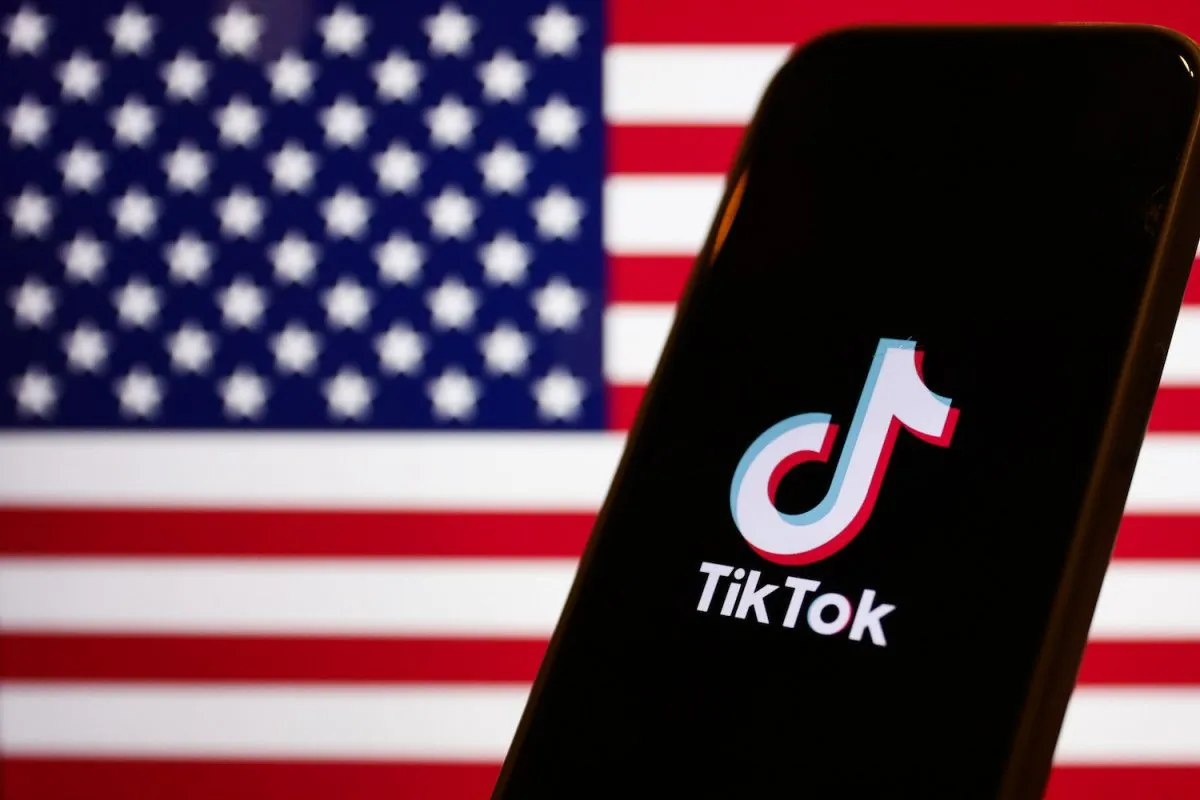As the digital landscape evolves, ByteDance Ltd and its popular app TikTok find themselves at the center of a significant legal confrontation. On September 16, 2024, a crucial court hearing will take place, potentially determining the future of the platform used by 170 million Americans.
The U.S. Court of Appeals for the District of Columbia is set to hear arguments challenging a law that could lead to TikTok's ban as early as January 19, 2025. This legal battle unfolds against the backdrop of the 2024 presidential election, with both Republican and Democratic candidates utilizing the platform to engage younger voters.
ByteDance, founded in 2012 by Zhang Yiming, argues that the law infringes upon constitutional rights and threatens the concept of an open internet. The company contends that divesting TikTok is not feasible from technological, commercial, or legal standpoints.
The legislation in question was rapidly passed by Congress in April 2024, driven by concerns over potential data access by China. TikTok, launched internationally in 2017, has faced similar scrutiny in other countries, with India implementing a ban in June 2020.
Circuit Judges Sri Srinivasan, Neomi Rao, and Douglas Ginsburg will preside over the case. Both TikTok and the Justice Department have requested a ruling by December 6, 2024, allowing time for a potential Supreme Court appeal before any ban takes effect.
President Biden, who signed the law in April 2024, provided ByteDance until January 19, 2025, to sell TikTok or face prohibition. The White House emphasizes that the goal is to end Chinese-based ownership due to national security concerns, not to eliminate the app entirely.
TikTok's influence extends beyond entertainment. The platform has been instrumental in launching viral trends, facilitating political activism, and revolutionizing influencer marketing. Its AI-driven algorithm, praised for its accuracy in content recommendations, has contributed to its rapid growth and $140 billion valuation in 2020.
As the hearing approaches, the tech community and millions of users await a decision that could reshape the social media landscape and impact international digital policy.
"A radical departure from this country's tradition of championing an open Internet."
This legal battle highlights the complex interplay between national security, free speech, and the global nature of technology platforms in the modern era.
